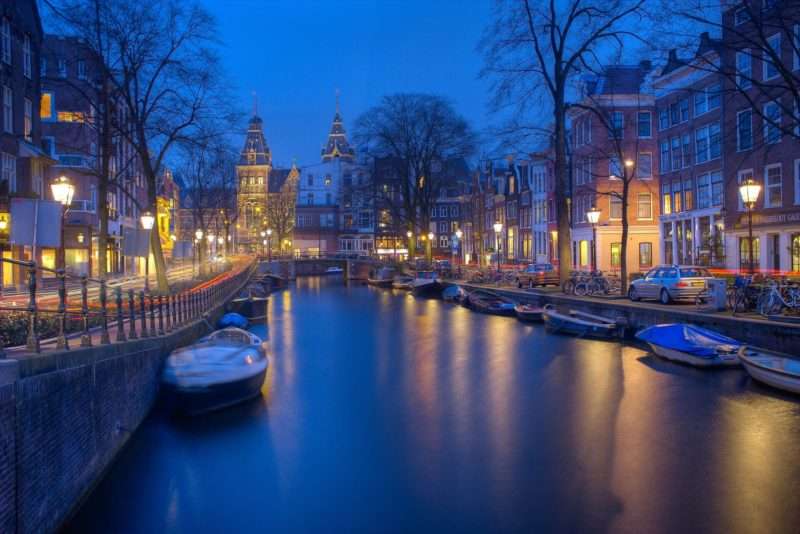Ten cities across Europe are collaborating on a project to use smart technologies – also known as the ‘Internet of Things (IoT)’ – to improve public services.
Bradford and Aberdeen are the two UK cities taking part in the project, titled Smart Cities and Open Data Reuse (SCORE), alongside Aarhus, Amsterdam, Bergen, Dordrecht, Ghent, Gothenberg and Hamburg.
Researchers at the University of Bradford will contribute to the €5m project, which is financed by the European Regional Development Fund. Its aim is to ‘increase the quality and reduce the cost of public service delivery of local authorities by using open source solutions, particularly relating to traffic and parking, sustainable mobility, and water and waste management.’
Each city will develop 2-3 open source solutions to specific municipal challenges, such as waste and water management, traffic management, and others. These solutions will then be tested in ‘urban living labs,’ with data and results shared between all of those participating in the project.
The innovations that the project aims to trial include sensors that indicate when waste bins are full, allowing waste operators to optimise collection routes and reduce inefficiency. Water level sensors could be used to trigger early flood warning systems, streetlight sensors could monitor traffic flow, and ‘intelligent’ car parks could highlight free spaces in real-time.
Dr. Dhaval Thakkar, Lecturer in Computing and SCORE project principal investigator at the University of Bradford, says the aim of the project is to
Improve the delivery of public services, using innovative software and data sharing. Our role is to use our expertise in creating IoT inspired solutions, to assist cities in developing new, and more efficient ways of delivering essential services.
The team hope to deliver a 20% improvement in the quality of public service provisions (as judged by citizens), reduce public service provision costs by 10%, and ‘reduce the duration and cost of uptake of innovation by authorities,’ all through the use of open data (public sector data that is available for anyone to use) and open source initiatives. The project’s leaders estimate that the cities taking part could save up to €50m Euros by 2021.
The project demonstrates the transformative potential of smart technology. The Internet of Things is still in its infancy, but its applications are already changing the way we live. Smart lighting in homes and workplaces is just one example of this; the SCORE project shows how it could make a positive change to our cities in the future.
